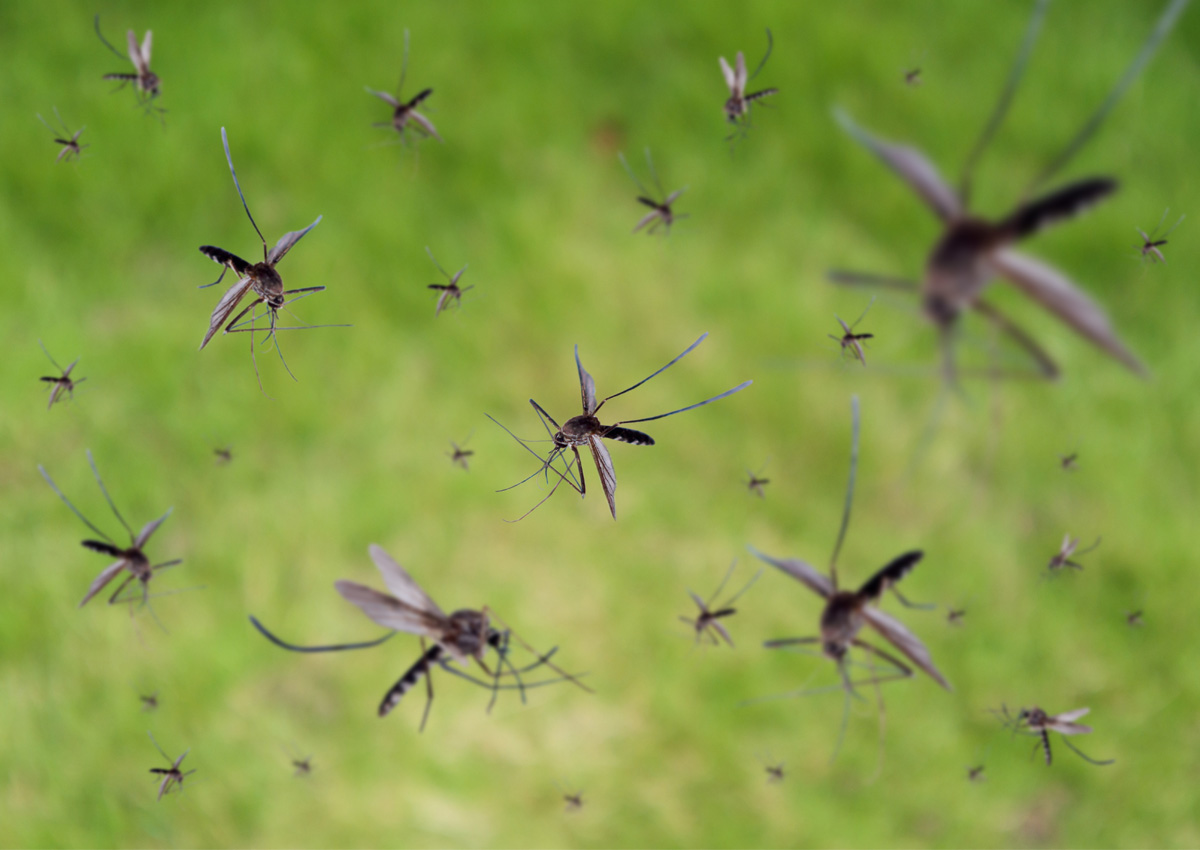
Study Shows California Residents' Perceptions of Gene Drive Systems to Control Mosquito-Borne Diseases
March 30, 2022| |
A study that involved 136 individuals in California explores views on mosquito-borne disease risk, current mosquito control methods, and the proposed development and use of gene drive approaches to control Aedes aegypti mosquitoes.
A. aegypti mosquitoes can transmit diseases such as Zika, Dengue, Yellow Fever, and Chikungunya. Changes in climate and global trade have brought A. aegypti to new and different regions, including California, where the species was first identified in 2013. Currently, diseases transmitted by A. aegypti are rare in California, but traditional vector control methods are proving less and less effective. New approaches to controlling this disease vector are needed. The study, conducted by researchers from the University of California, San Diego, presents a qualitative analysis of data collected from focus groups in California, comparing the benefits and concerns regarding genetically modified and gene drive mosquitoes.
Prior to the polls, 45.6% of the participants thought mosquitoes were a problem in their area and 50.7% thought they were not (3.7% did not answer the poll). After presenting both genetically engineered (GE) and gene drive methods to control mosquitoes, the participants noted appealing features and concerns for these approaches. The participants pointed to two appealing features of the genetically engineered system—these work without the use of pesticides and unlike pesticides, they target only specific species. While participants found the potential efficacy, cost-efficiency, and control of these systems appealing, they also expressed their concern and asked questions regarding their development, effectiveness, and cost.
For more details, read the original research article published in Frontiers in Bioengineering and Biotechnology.
| |
You might also like:
- Experts Call for the Inclusion of Local Communities in the Implementation of Gene Drive Technology
- US EPA Approves Oxitec's Mosquito Pilot Projects in California and Florida
- US EPA Reviews Plans to Infect Mosquitoes with Bacteria to Stop Disease
Biotech Updates is a weekly newsletter of ISAAA, a not-for-profit organization. It is distributed for free to over 22,000 subscribers worldwide to inform them about the key developments in biosciences, especially in biotechnology. Your support will help us in our mission to feed the world with knowledge. You can help by donating as little as $10.
-
See more articles:
-
Gene Drive Supplement (March 30, 2022)
- Gene Drive Research Makes Exceptional Progress
- Research Shows Gene Drive Mosquitoes Could Help Malaria Elimination
- Key Insights from Existing Mosquito Control Methods Can Help Guide Gene Drive Technology in the Field
- CRISPR-based Gene Drive Tested in the Diamondback Moth
- Spatial Modeling Used to Analyze Gene Drives for Vertebrate Pest Control
- Study Shows California Residents' Perceptions of Gene Drive Systems to Control Mosquito-Borne Diseases
-
Read the latest: - Biotech Updates (January 21, 2026)
- Gene Editing Supplement (January 28, 2026)
- Gene Drive Supplement (February 22, 2023)
-
Subscribe to BU: - Share
- Tweet

